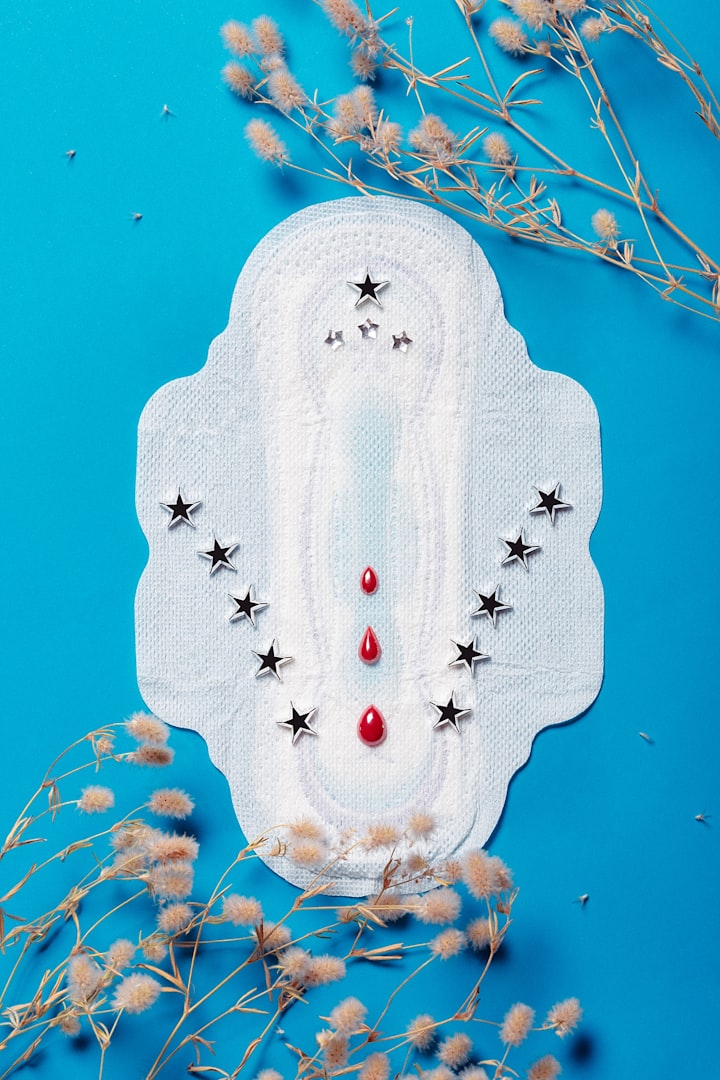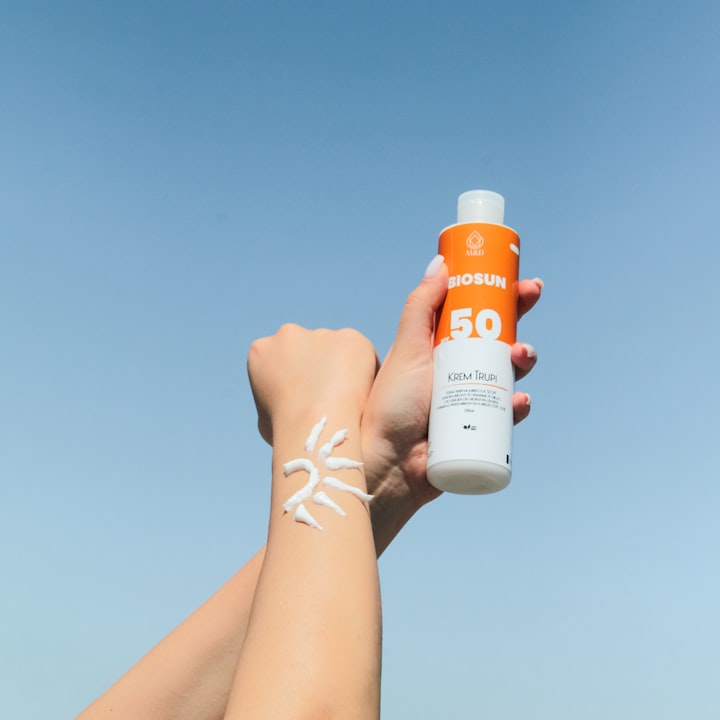Sanitary Pads : Side Effects
Side Effects of Sanitary Napkins

Sanitary napkins, commonly known as pads, are a crucial aspect of menstrual hygiene for women around the world. While they are essential for maintaining cleanliness and comfort during periods, they also have potential side effects that are often ignored or overlooked. In this blog post, we will discuss the various side effects of sanitary napkins and how to minimize their impact on our health.
Skin irritation and rashes:
One of the most common side effects of sanitary napkins is skin irritation and rashes. This can be caused by the chemicals and fragrances used in the production of the pads. Many pads contain dioxins, a chemical byproduct that can cause skin irritation and even cancer. The synthetic materials used in the pads can also cause skin irritation and rashes, especially if the pad is worn for long periods.
Cause Cervical cancer
Mostly, sanitary pads are safe to use but over the past several years there has been concern over exposure to dioxins using tampons and other sanitary products. Several ongoing investigations have examined the relationship between the usage of sanitary products that absorb substances like dioxin and super-absorbent polymers and the prevalence of genital cancer. Dioxin may collect in the body and affect women’s reproductive organs, which can result in cervical cancer or ovarian cancer. It is basically a carcinogen, which means it encourages the creation of cancer-causing cells in your body.
Some of these plastic materials have the potential to emit toxins like phthalates and volatile organic compounds (VOCs), which are absorbed via the delicate vaginal skin and mucosa. These products are absorbed 18–20 times more through the vagina than through the oral mucosa. They may enter the systemic circulation after being absorbed. It’s critical to realise that exposure to these substances in excess may increase the risk of developing breast and ovarian cancer. By interfering with female hormones like oestrogen, they may eventually cause problems including irregular menstruation.
Toxic shock syndrome:
Toxic shock syndrome (TSS) is a rare but potentially life-threatening condition that can be caused by the use of tampons and sanitary napkins. TSS is caused by a bacterial infection that produces toxins in the body. Symptoms of TSS include fever, vomiting, diarrhea, and a rash on the palms and soles of the feet. TSS can lead to organ failure and even death if left untreated.
Disruption of vaginal flora:
Sanitary napkins can also disrupt the natural balance of bacteria in the vagina, leading to infections such as bacterial vaginosis (BV) and yeast infections. The synthetic materials used in the pads can create a warm, moist environment that promotes the growth of harmful bacteria. Using scented pads can also disrupt the natural pH balance of the vagina, leading to infections.
Environmental impact:
Sanitary napkins have a significant environmental impact due to their non-biodegradable nature. They can take up to 500 years to decompose, leading to a buildup of waste in landfills and oceans. The production of pads also requires a significant amount of resources and energy, contributing to greenhouse gas emissions and climate change.
Cost:
Sanitary napkins can be expensive, especially for women who have to use them every month. In some countries, pads are subject to a luxury tax, making them even more expensive. This can lead to financial strain for women who are already struggling to make ends meet.
How to minimize the side effects of sanitary napkins:
Use organic pads:
Organic pads are made from natural materials and do not contain synthetic chemicals and fragrances. They are less likely to cause skin irritation and rashes and are biodegradable, reducing their environmental impact.
Change pads frequently:
Changing pads frequently can reduce the risk of skin irritation and infection. It is recommended to change pads every 3-4 hours or more frequently if the flow is heavy.
Avoid scented pads:
Scented pads can disrupt the natural pH balance of the vagina and lead to infections. It is best to avoid scented pads and opt for unscented ones.
Use reusable pads:
Reusable pads are an eco-friendly and cost-effective alternative to disposable pads. They can be washed and reused, reducing waste and saving money.
Practice good hygiene:
Practicing good hygiene, such as washing your hands before and after changing pads, can reduce the risk of infection. It is also important to clean the genital area thoroughly and avoid using harsh soaps or douches.
Sanitary napkins are an essential aspect of menstrual hygiene, but they also have potential side effects that should not be ignored. Skin irritation and rashes, toxic shock syndrome, disruption of vaginal flora, environmental impact, and cost are all factors that need to be taken into consideration. By using organic pads, changing pads frequently, avoiding scented pads, using reusable pads, and practicing good hygiene
https://www.pachaa.in/buy-Bliss-Sanitary-napkin-Pad-Fluffy-XL-Pack-of-6
About the Creator
Arun Ramasamy
Nature Lover, Just go with the flow, techno freek.
Do what you can.. don't when you cannot.






Comments
There are no comments for this story
Be the first to respond and start the conversation.